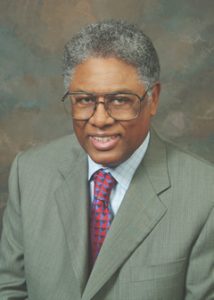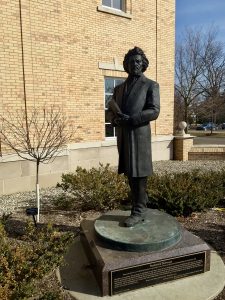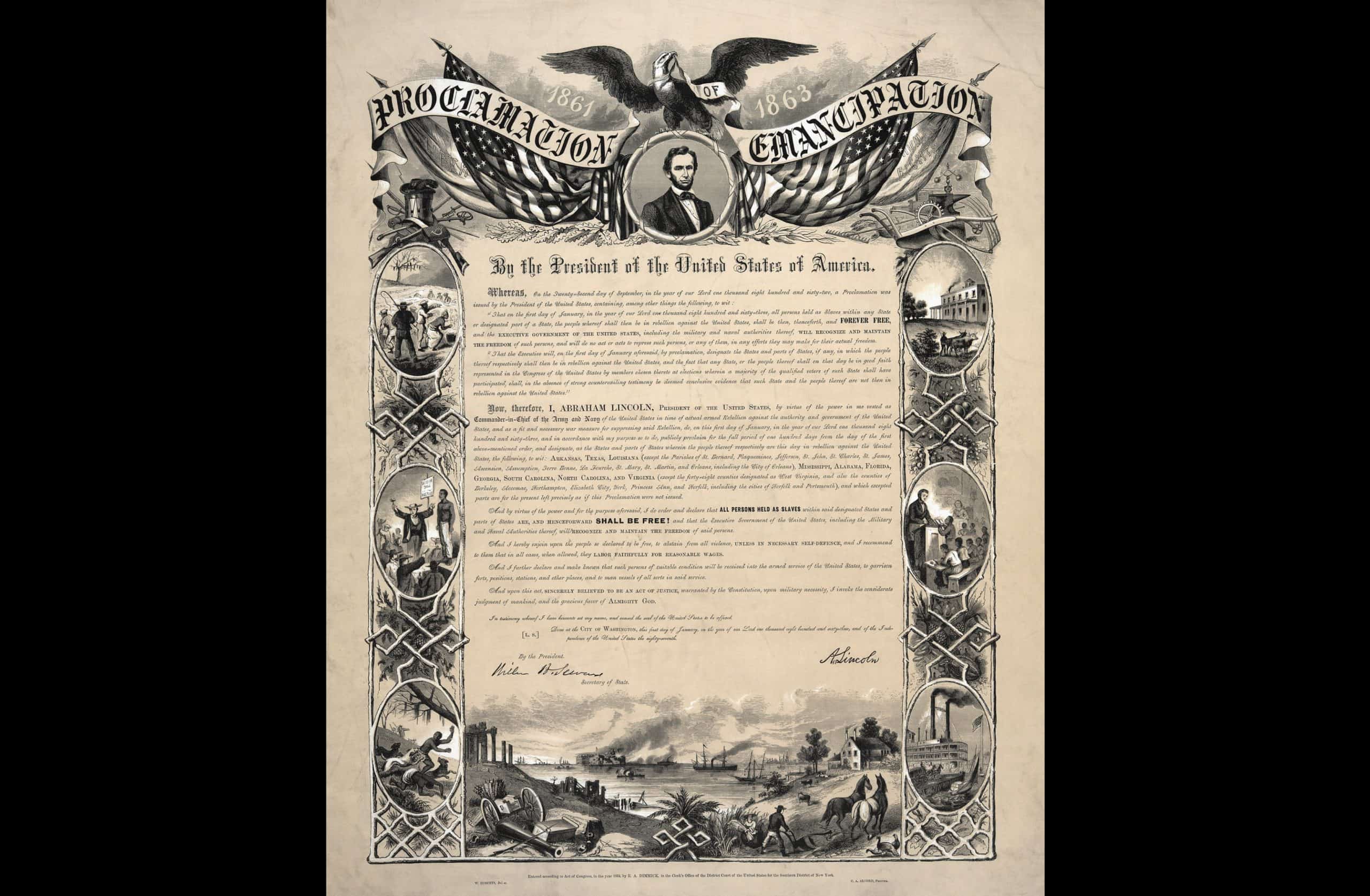In part 3 we said,
Americans have not always lived up to the principles upon which their country was founded or to the US Constitution. Dr. Martin Luther King saidas much at the Lincoln Memorial on August 28, 1963 in his famous “I Have a Dream” speech:
In a sense we’ve come to our nation’s capital to cash a check. When the architects of our republic wrote the magnificent words of the Constitution and the Declaration of Independence, they were signing a promissory note to which every American was to fall heir. This note was a promise that all men, yes, black men as well as white men, would be guaranteed the “unalienable Rights” of “Life, Liberty and the pursuit of Happiness.” It is obvious today that America has defaulted on this promissory note, insofar as her citizens of color are concerned. Instead of honoring this sacred obligation, America has given the Negro people a bad check, a check which has come back marked “insufficient funds.”
But we refuse to believe that the bank of justice is bankrupt. We refuse to believe that there are insufficient funds in the great vaults of opportunity of this nation. And so, we’ve come to cash this check, a check that will give us upon demand the riches of freedom and the security of justice.
What If?
While Dr. King was right to point out that white Americans had failed to treat blacks as their equals, he also was right in echoing Frederick Douglass’s confidence in the Founders of America and in the Constitution they drafted. Douglass, a former slave, became an ardent abolitionist and an equally ardent defender of the US Constitution.*
The principles on which this country was founded and the US Constitution continue to pull us back to our obligation to fulfill the promise to let every individual, regardless of race, live as a free individual in an ordered society. It’s true that a great Civil War should not have had to occur to end slavery; and it’s equally true that blacks should not have had to endure the struggles they faced during the Civil Rights era just to be treated fairly. Yet it is not true that slaves automatically would have been better off if the anti-slavery delegates at the Constitutional Convention had drawn a line in the sand and refused to budge on the issue of slavery. Progressives are wont to imply anti-slavery delegates at the convention ought to be blamed for allowing slavery to continue because they did not give the pro-slavery delegates an ultimatum. Walter Williams writes,
A question that we might ask those academic hustlers who use slavery to attack and criticize the legitimacy of our founding is: Would black Americans, yesteryear and today, have been better off if the Constitution had not been ratified—with the Northern states having gone their way and the Southern states having gone theirs—and, as a consequence, no union had been created? I think not.
It is clear that like Mr. Williams, Frederick Douglass keenly understood that preservation of the Union under the provisions of the Constitution eventually would make slaves and their descendants infinitely better off.
Thomas Sowell writes,

What was special about America was not that it had slavery, which existed all over the world, but that Americans were among the very few peoples who began to question the morality of holding human beings in bondage. That was not yet a majority view among Americans in the 18th century, but it was not even a serious minority view in non-Western societies at that time.
Then how did slavery end? We know how it ended in the United States — at a cost of one life lost in the Civil War for every six slaves freed. But that is not how it ended elsewhere.
What happened in the rest of the world was that all of Western civilization eventually turned against slavery in the 19th century. This meant the end of slavery in European empires around the world, usually over the bitter opposition of non-Western peoples. But the West happened to be militarily dominant at the time.
Turning back to the “legacy of slavery” as an explanation of social problems in black American communities today, anyone who was serious about the truth — as distinguished from talking points — would want to check out the facts. [Some of these facts Sowell highlights in the remainder of his article.]
For more information, please see this series of articles.
~~~~~~~~~~~~~~~~~~~~~~~~~~~~~

*Frederick Douglass understood a great deal more than the background behind the Three-Fifths Clause; he understood the Constitution as a whole, and he sought to make his findings known to all Americans. Here are a few more of his insights.
-
-
- Now, take the Constitution according to its plain reading, and I defy the presentation of a single pro-slavery clause in it. On the other hand it will be found to contain principles and purposes, entirely hostile to the existence of slavery.
- Abolish slavery tomorrow, and not a sentence or syllable of the Constitution need be altered. It was purposely so framed as to give no claim, no sanction to the claim, of property in man. If in its origin slavery had any relation to the government, it was only as the scaffolding to the magnificent structure, to be removed as soon as the building was completed.
- The Constitution of the United States knows no distinction between citizens on account of color. Neither does it know any difference between a citizen of a state and a citizen of the United States.
- Interpreted as it ought to be interpreted, the constitution is a Glorious Liberty Document!
- There is no negro problem. The problem is whether the American people have loyalty enough, honor enough, patriotism enough, to live up to their own constitution.
-
Copyright © 2021 by B. Nathaniel Sullivan. All rights reserved.


